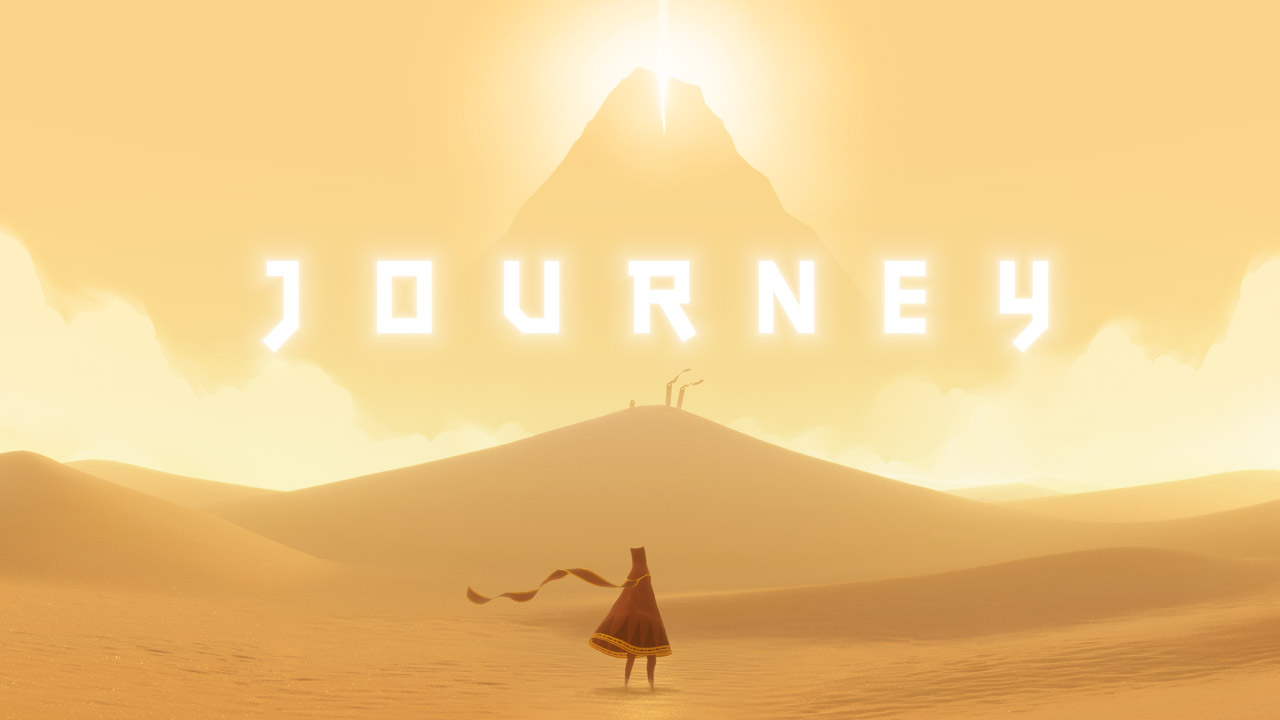The other day, I was reading an undergraduate student’s novel in progress, and a thought occurred to me. As I often do, I shared that thought on Facebook:
I’ve never played a video game, but I recognize that it’s a narrative experience that lots and lots of people value. No judgement. But in my fiction-writing classes, I often read stories and novels that read as if I’m watching someone else play a video game. There’s plot, action, scene, all great, but virtually no interiority, which for me is *absolutely necessary* in fiction. My students have always used films and TV shows to talk about fiction, but now they also reference video games. “This is like Bioshock,” for example, and I have no idea what that even means. I wonder if other creative writing teachers have noticed this quality in student fiction or these references? I wonder if people who play video games could give me some tips about how to help my students make the transition from gaming to writing narrative. P.S. Over the last few years, I’ve read lot more genre fiction (George R.R. Martin, Suzanne Collins, etc.) so that I could at least be familiar with the kinds of stories students borrow from, but I really don’t want to start playing games.
I made the comment public and a great conversation ensued. As of right now, there are 80 comments–from gamers and non-gamers, from creative writing professors and students, from friends and strangers. The conversation was passionate. I invite you to read the comments here. Continue reading

